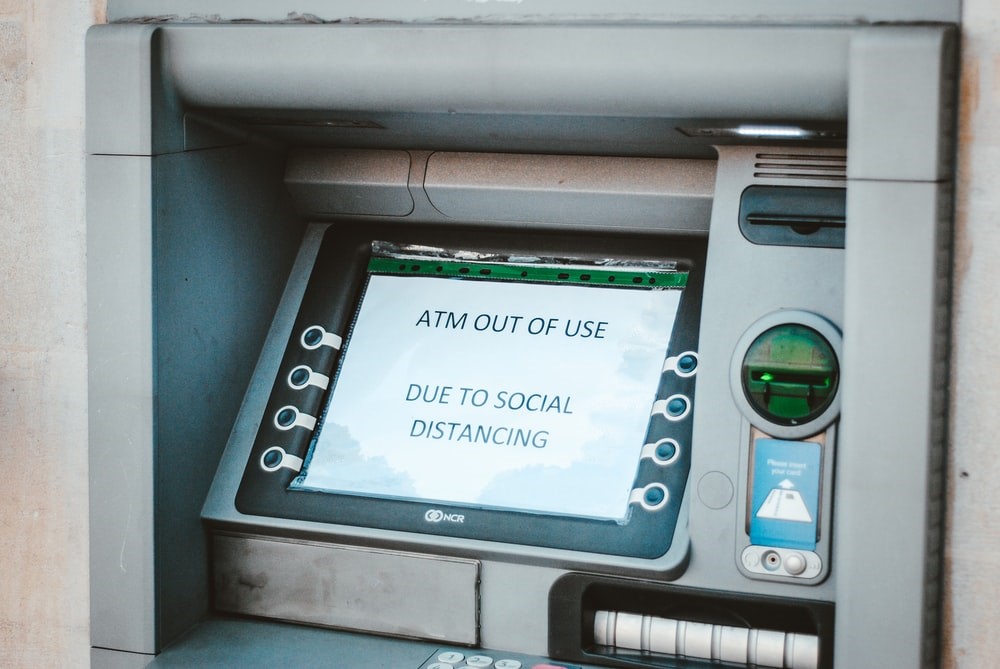The Challenges that FinTech Startups in Emerging Markets need to consider
9 August 2020
(FinTech Egypt – Forbes.com)
The scaling stage of a startup is complicated enough
regardless of where they are established, but even more so when found in
emerging markets due to their unique challenges and distinctive infrastructures.
Data analytics firm The Mix have released a survey of 50
FinTech companies from across Africa, East Asia and South Asia that represented
data from various business models and focuses like payments, savings, insurance
and more. The results delivered three main action points that define FinTech
entrepreneurs in emerging markets: They create inclusive offerings, build
comprehensive solutions and leverage their partners to scale. Let’s explore
each of those results.
FinTech entrepreneurs create inclusive offerings
One common trait of emerging markets is that they contain a
high percentage of the financially unbanked and underserved global population,
where the unbanked reach more than 1 billion people and the underserved are at
3 billion across the world. This corresponds to the deducible fact that 90% of
the surveyed entrepreneurs have mentioned accessibility as a key objective of
their mission. The survey also revealed that 40% of FinTech customers were
below the poverty line, 51% are trying to offer more financial products to the
underserved and 18% are providing financial services to new clients through
their platforms.
FinTech companies’ KPIs and general success are apparently
linked directly to scaling inclusive solutions. When retention rates improve,
customers become recurring ones and express loyalty to the product or service. If
the cost of acquiring customers decreases, then organic traffic likely rises
and customers are more compliant to signing up. This is especially relevant in
today’s ongoing COVID-19 pandemic, where FinTech products and services are in
high demand, which presents a great opportunity for FinTech companies to
provide a multitude of options to keep users on board and therefore increase
retention.
Perhaps one of the most concerning aspects of emerging
markets is the lack of diversity, where the startups surveyed revealed a mere
36% female customer base; a figure that could improve over time through efforts
supporting gender diversity, which in turn presents an untapped market
opportunity.
Building comprehensive solutions
Returning to the challenge of serving the underbanked
population in emerging markets, one of the harder aspects of this challenge is
the high cost of serving customers in remote locations and with low account
balances. This issue is being addressed by FinTech entrepreneurs by using several
reinforcing approaches across a wide range of product categories to produce
all-encompassing solutions. Examples of these solutions are leveraging various
types of data analytics, creating new lower cost engagement methods like chatbots
and building personalized user interfaces. Although product innovation is the
name of the game here, it is the aggregating of product bundles that serves a
wider consumer base and thus effectively covers a wider range of different
consumer needs.
Leveraging partnerships to scale
Let’s agree that emerging markets have their challenges, but
this also entails that there are many untapped opportunities that could greatly
elevate their performance; there is always room for improvement in developing
markets. The Coronavirus pandemic has also further complicated things in
developing countries, but that also reflects in their digital-hungry
populations that are increasingly in need of proper digital solutions to
alleviate the stress of visiting branches, going to ATMs and similar physical activities.
However, these opportunities need solid infrastructures that
these markets are likely to lack in some degree. According to the Mix survey,
the most critical adoption barrier for the underbanked population was the legal
requirement of a valid national ID, while other threats include target users
not having access to mobile connectivity due to the lack of smartphones. In
that regard, FinTech startups are creating solutions that are SMS and
2G-centric for owners of non-smartphones, in efforts not to exclude this
population and achieve greater financial inclusion. Startups can also establish
partnerships to scale properly and get support in building infrastructure, and
the companies that did that were able to decrease customer acquisition costs by
more than 50%.
Lessons Learned
FinTech startups that are looking to mirror solutions from
developed markets into emerging markets need to reconsider these models, since
the two market types and their requirements are completely different. Emerging
markets - although filled with potential and the need for comprehensive
solutions to digital finance in times of global uncertainty - have a tendency
to require much more fundamental work such as infrastructure and similar basic aspects
that they might lack. Whichever way we look at it, emerging markets present a
great opportunity to achieve financial inclusion at a much larger scale around
the world.
related articles

Mutually Beneficial Partnership Scenarios for Banks and FinTech Companies

Financial Health is What FinTech Should Be Empowering

Can the Middle East Bloom Into A Global FinTech Hub?

Setting Digital Banking Transformation Priorities During a Pandemic

Four FinTech Elements Affecting the Retail Banking Ecosystem

Bridging the Digital Divide with APIs

The Impact of IoT on FinTech & Banking

Shifting from Disruption to Innovation through FinTech Partnerships in COVID19 pandemic.

Going Cashless is the new way to go in a Post-Coronavirus Future

Relevance of Scheduling Apps for Bank Appointments is Skyrocketing

How is Banking Changing with COVID-19?

Customer Service Transformation has become a must in a Digital World

The Opportunities and Threats of FinTech during COVID-19

The Impact of Coronavirus on the Financial Sector

FinTech’s Critical Role in the Battle Against the Coronavirus

Disrupt Africa: Egypt is Leading African Tech Hub in 2019

Central Bank of Egypt Holds Third Roundtable Discussion for FinTech in Egypt

Central Bank of Egypt Governor assumes Chairmanship of AFI Board of Directors

Rising Startup Netsahem Digitizes Charity In Egypt

Singaporean FOMO Pay partners with Kenya's WAPI Pay to ease payment solutions between Africa and Asia

Meeza cards, the Egyptian national payment scheme push for financial inclusion in Egypt


 0
0
 18.8k
18.8k 



Comments